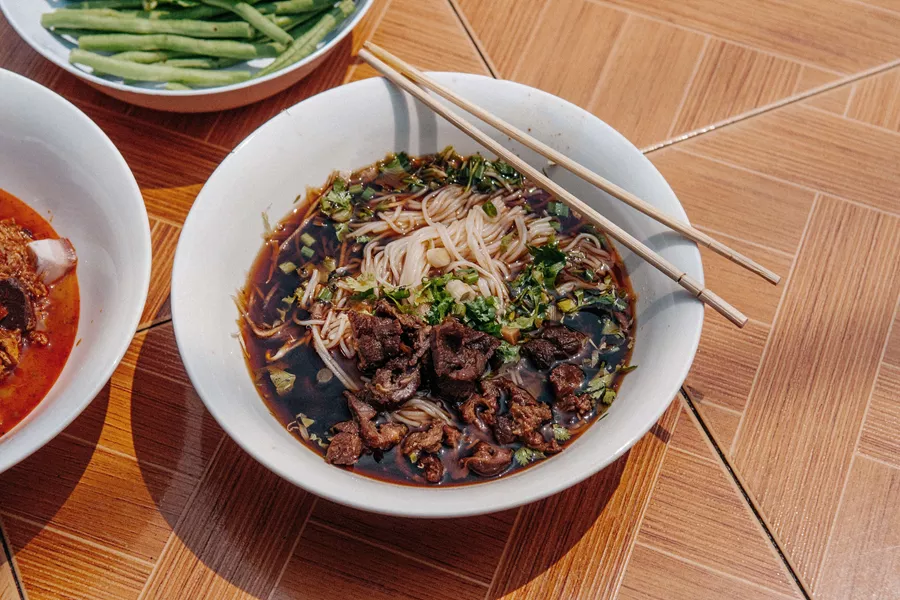Country Code for Malaysia: +60
Visa Global Assistance: 1800 802 997
Emergency Services: Ambulance - 999, Police - 999, Fire - 994. These services may not always have English speaking staff. In this case, you should have a local call on your behalf or contact the Australian mission.
Gunung Mulu National Park in is renowned for diverse plant and animal species, and karst formations with exceptional cave systems. They provide a major wildlife spectacle in terms of millions of cave swiftlets and bats.











